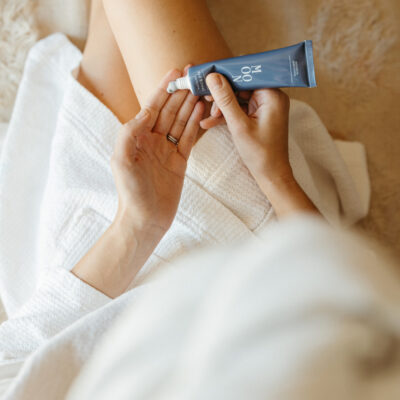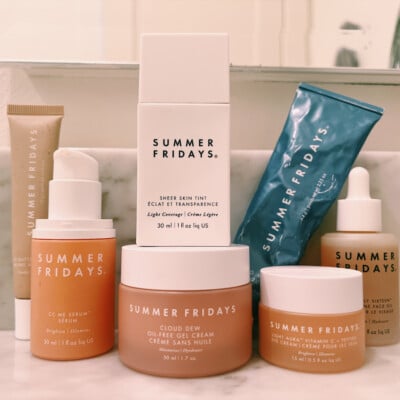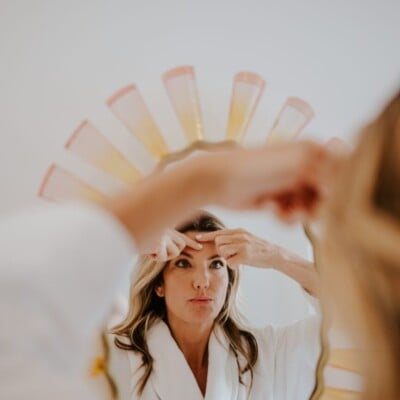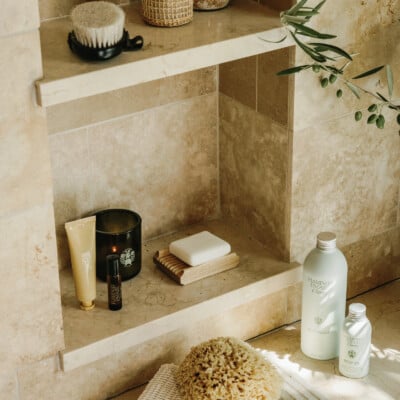With all this time at home, most of us are spending more time bare-faced than usual – and who among us wouldn’t love to be rocking skin that’s dewy, firm, and glowy sans makeup? Not surprisingly, all those perks are the result of skin that’s well-moisturized. If you haven’t added hyaluronic acid to your skincare routine, there’s no time like the present. Hyaluronic acid, also known as hyaluronan, is a clear substance known for its ability to build and retain moisture within skin.
It’s an ingredient that’s popping up in everything from eye creams to serums to moisturizers, and for good reason.
We tapped skin guru and dermatologist Dr. Elizabeth Geddes-Bruce at Westlake Dermatology to tell us everything we need to know about hyaluronic acid. Read on for her tips on incorporating this superstar ingredient into your skincare routine… and get ready to say hello to supple skin.
We’re seeing hyaluronic acid show up in all kinds of skincare products – what exactly is it?
Hyaluronic acid is a naturally occurring sugar substance found in our skin and joints. It has the incredible ability to bind 1,000 times its weight in water, which allows it to play a powerful role in our skin’s hydration. You can think of it like a gel cushion surrounding your cells and strands of collagen. And, unfortunately, as we age, we make less of it.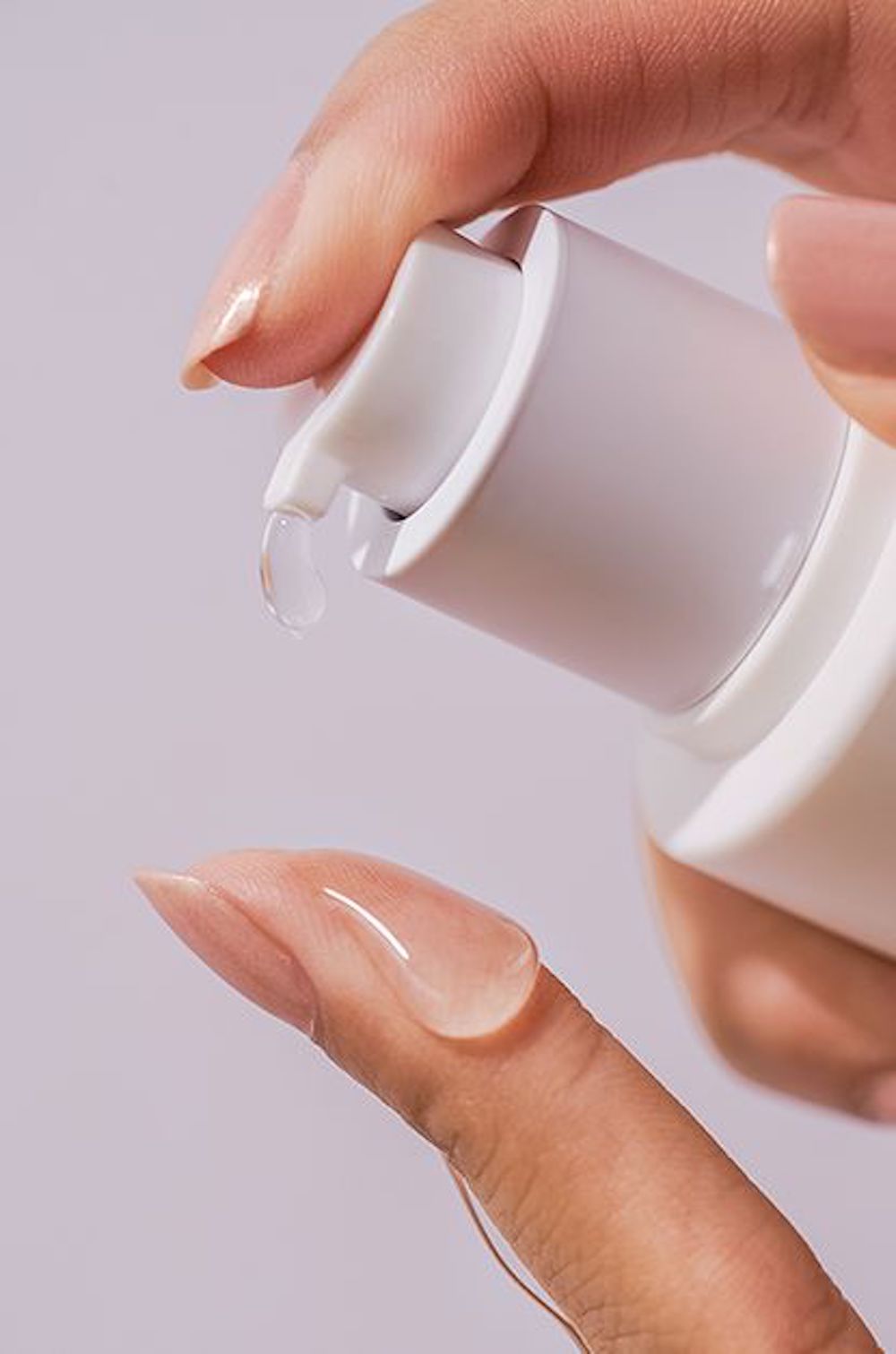 image: peachandlily
image: peachandlily
What are the benefits of incorporating hyaluronic acid into our skincare routines?
HA functions as a humectant, that is, an ingredient that helps keep water in the skin. By binding water, topical hyaluronic acid temporarily plumps the skin, reducing the appearance of fine lines and creating that soft, dewy glow. What hyaluronic acid can’t do is pass through our top protective layer of skin (the epidermis). It’s just too big of a molecule!
Can you use too much, and can all skin types use it?
Unlike other acids, you don’t have to worry about using too much HA. And it’s safe for all skin types. image: notjessfashion
image: notjessfashion
How do you recommend using this ingredient?
In general, hyaluronic acid does not work well as a moisturizer. If your skin feels dry, you’ll need to use a product that also contains an occlusive agent. My favorite way to use hyaluronic acid is as a cosmetic. Add it to your morning regimen to improve the way your skin looks and feels, and the way your make-up glides on and stays put. image: glossier
image: glossier
Any favorite products that incorporate it?
I love Elta elements, which is a lightly-tinted physical-blocking sunscreen combined with hyaluronic acid. I also really like Skinmedica’s HA5, Skinceuticals’ HA intensifier, and Neocutis’ Hyalis. For a great drugstore alternative Neutrogena has a whole Hydro Boost line I like.
Are the oral/edible products and supplements that boast hyaluronic acid effective and safe?
I’m always wary of dietary supplements that claim to increase a specific component of the skin. There are a few published small studies that show improvement in the appearance of wrinkles after taking oral hyaluronic acid, but larger, better-quality trials are needed. At the same time though, while topical application has all the benefits I described above, it does nothing to increase the levels of hyaluronic acid deep in the skin… so it’s something interesting to keep an eye on!

